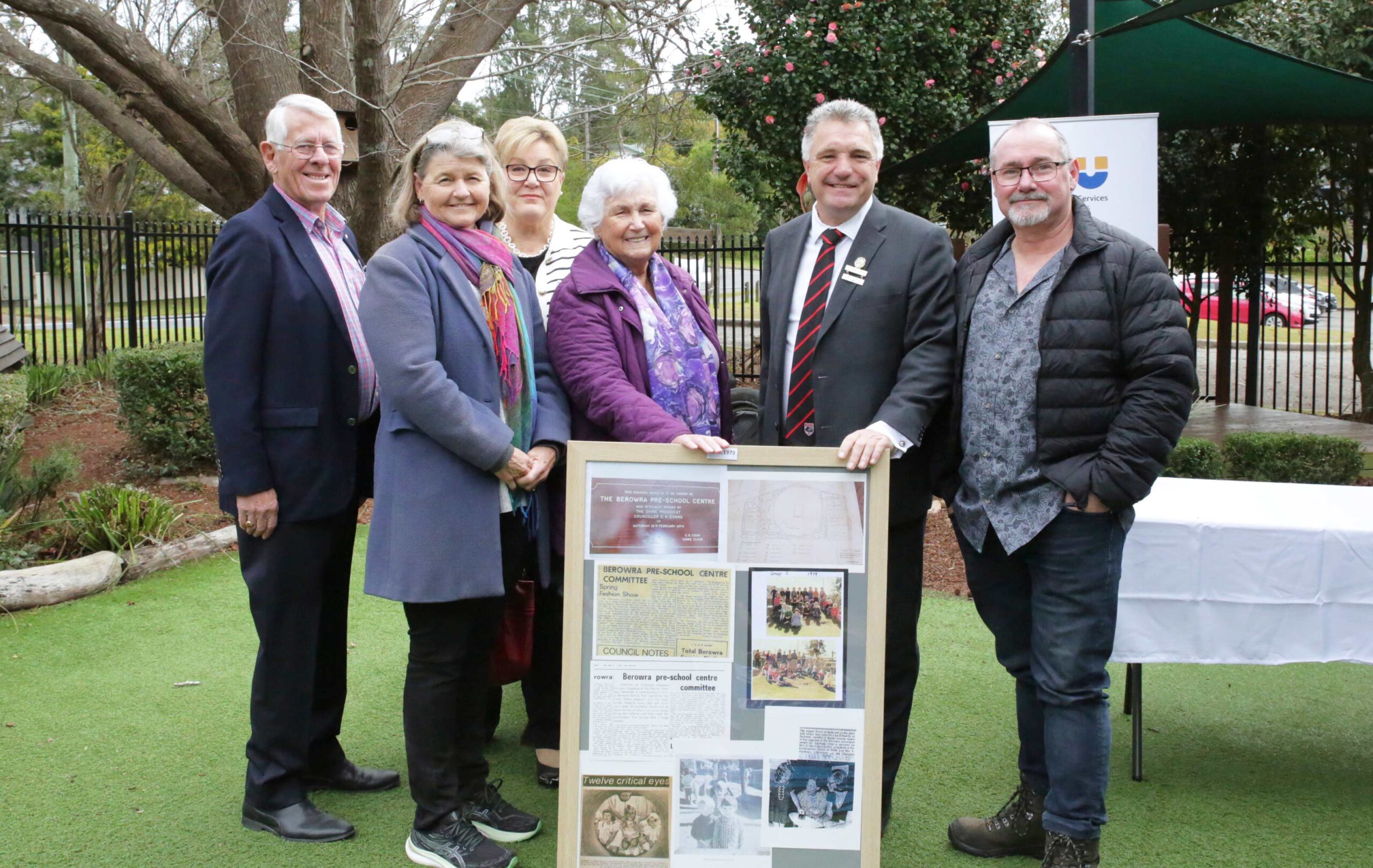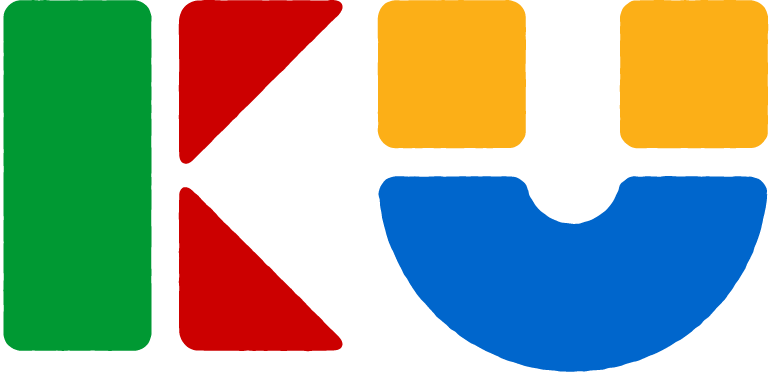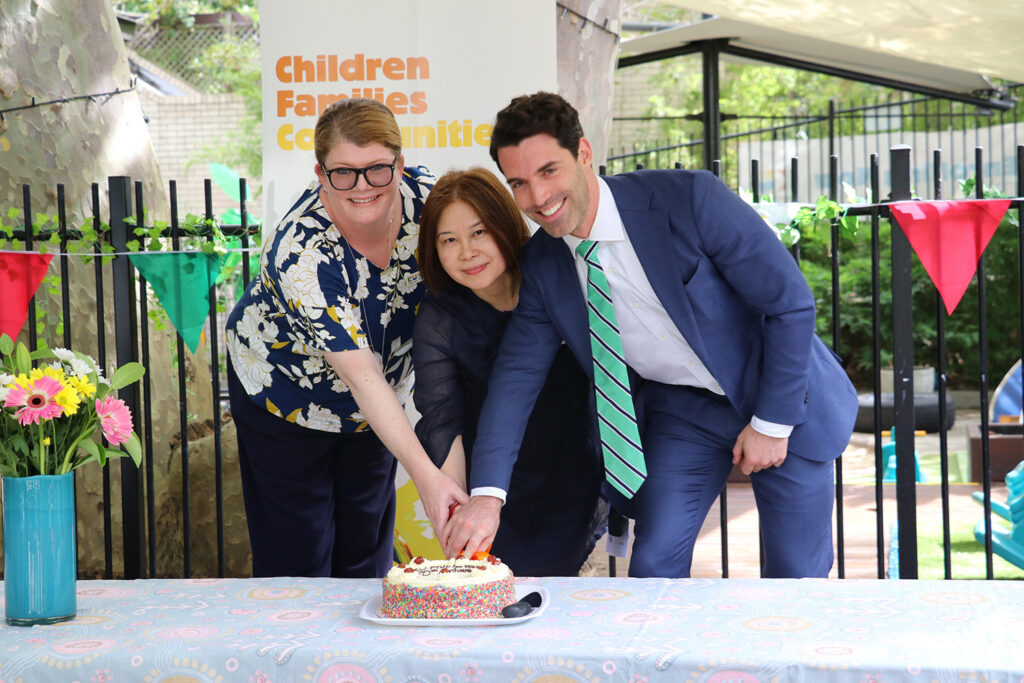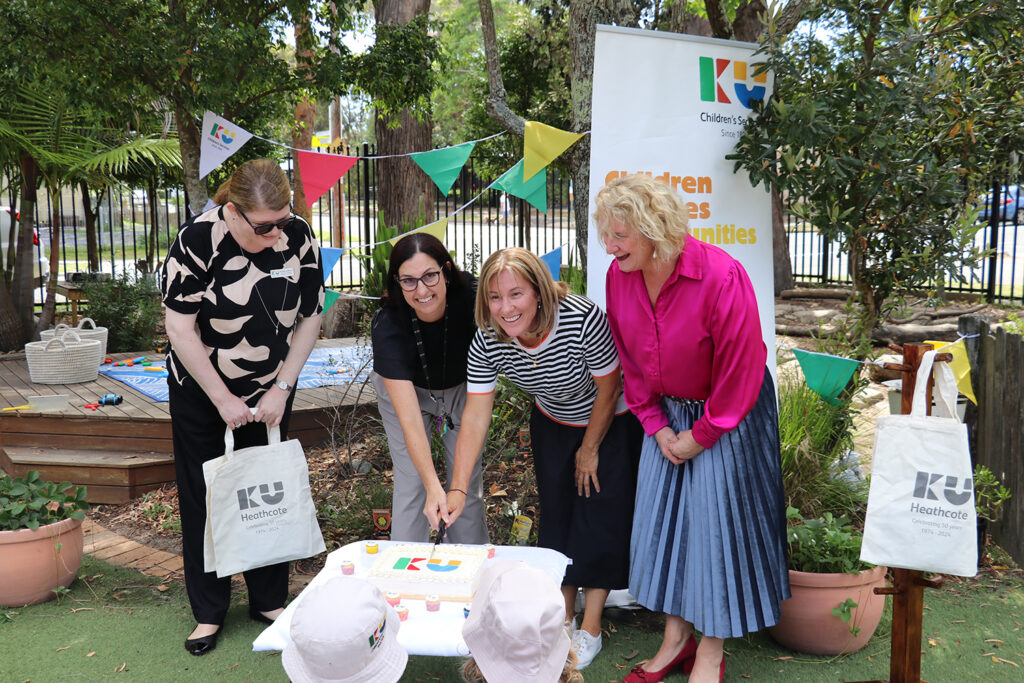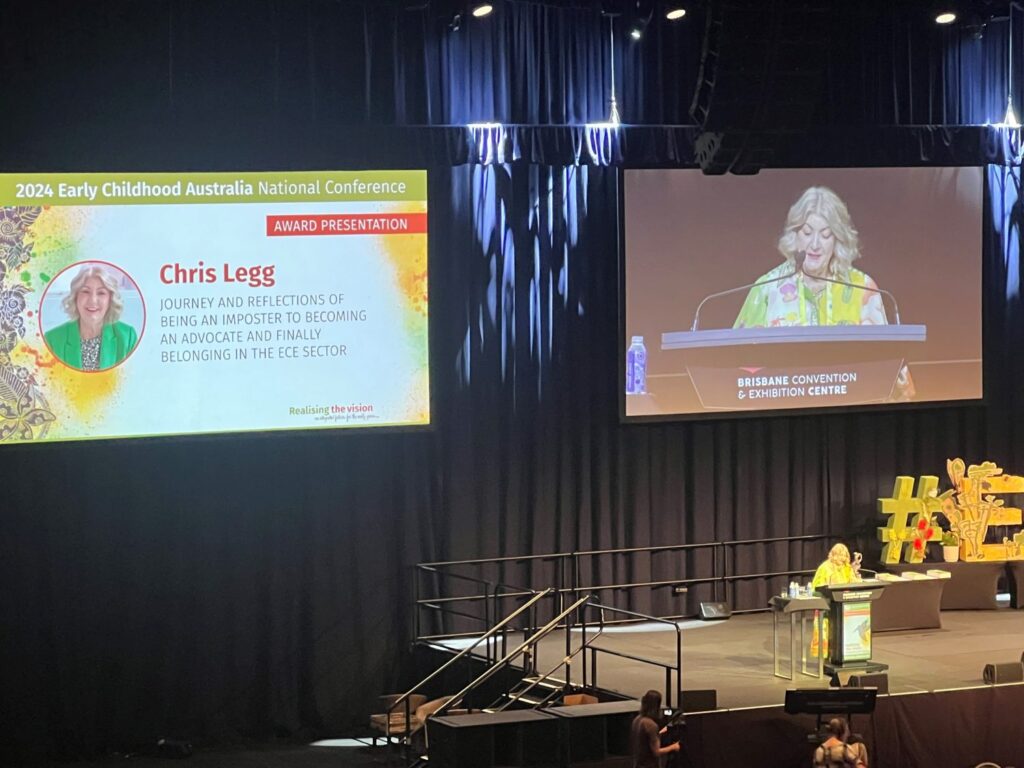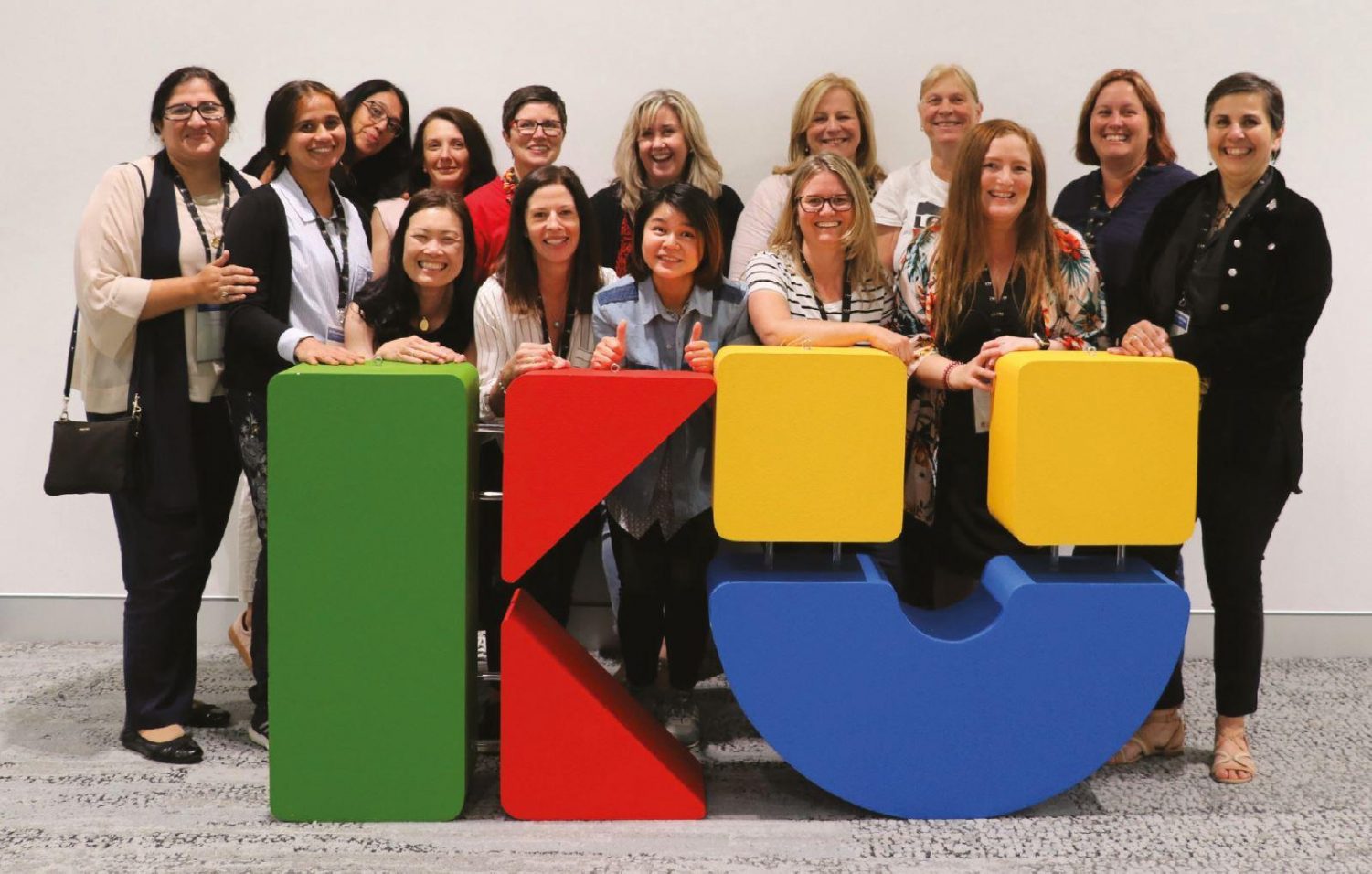
Alumni Program
Become a part of the growing KU Alumni community today! Membership is open to past KU children, parents and staff.
Membership to the KU Alumni Program is free and welcomes:
- People who attended a KU service,
- Parents of a child who attended a KU service, and
- Past KU Board and staff members.
As a valued member of the KU Alumni community, you’ll receive the KU Alumni Connect e-newsletter, keeping you up to date and in touch with KU’s social impact initiatives.
Become a part of the growing KU Alumni community and sign up today by completing the following form to the best of your ability. It’s easy!
